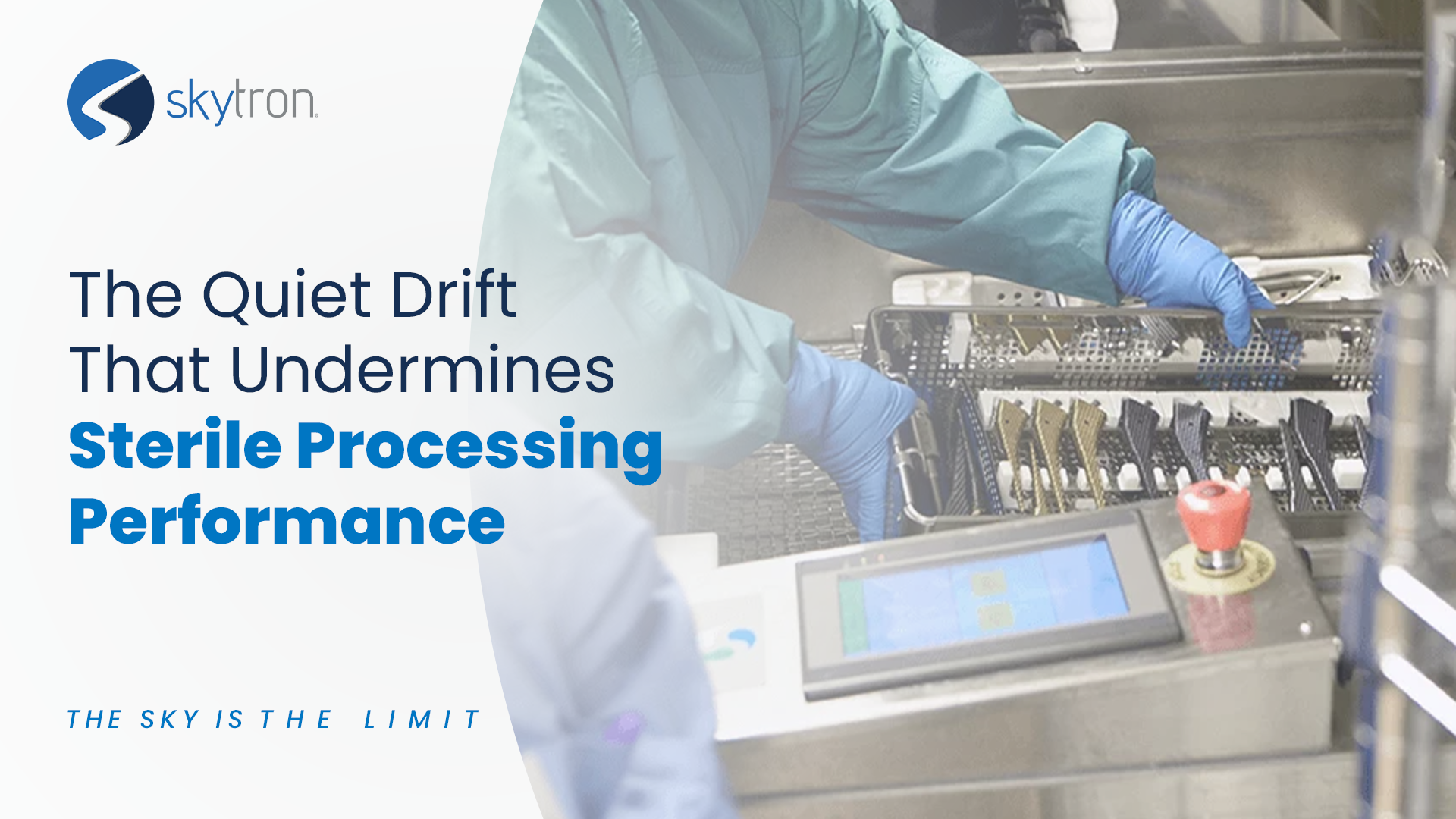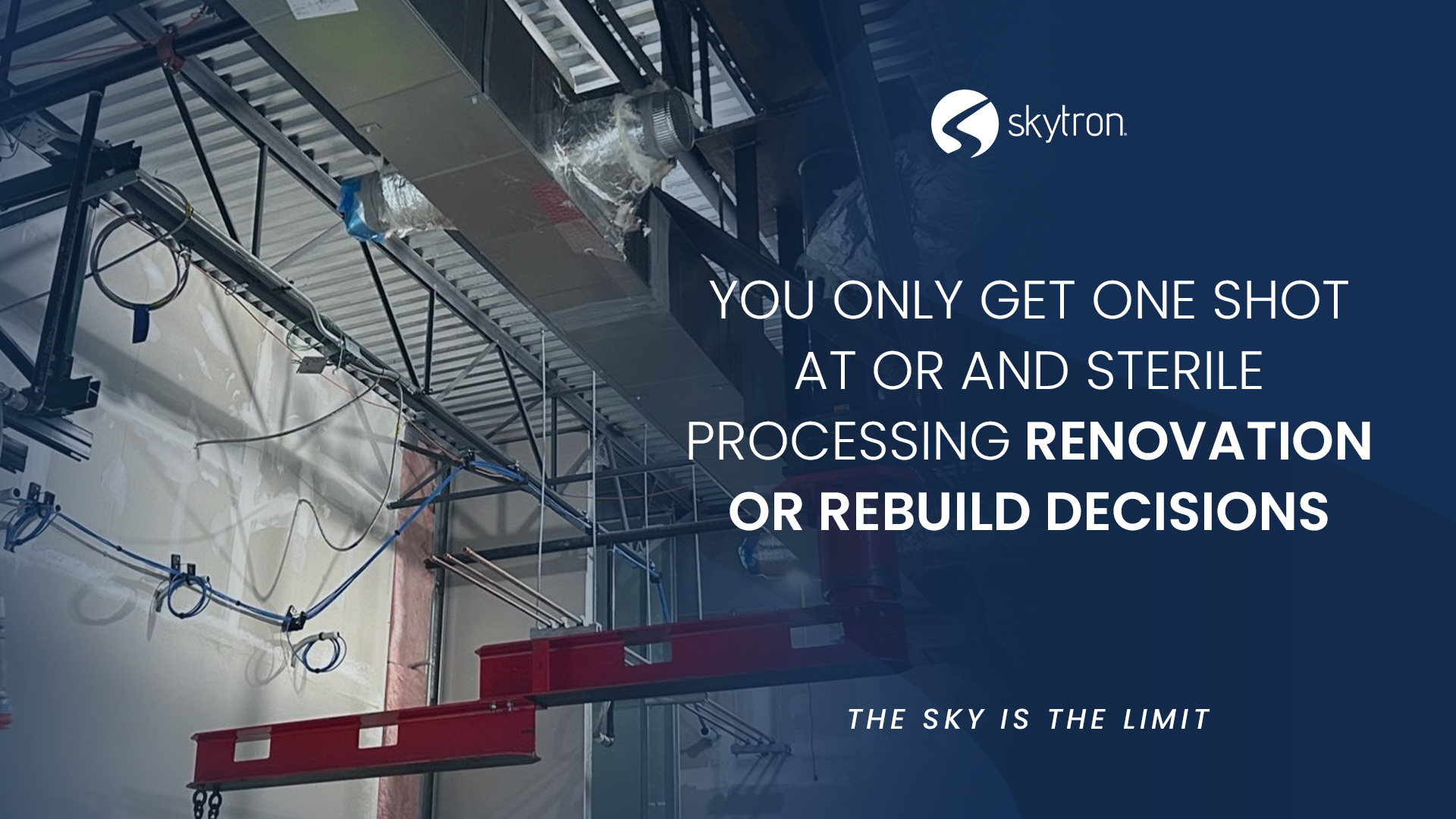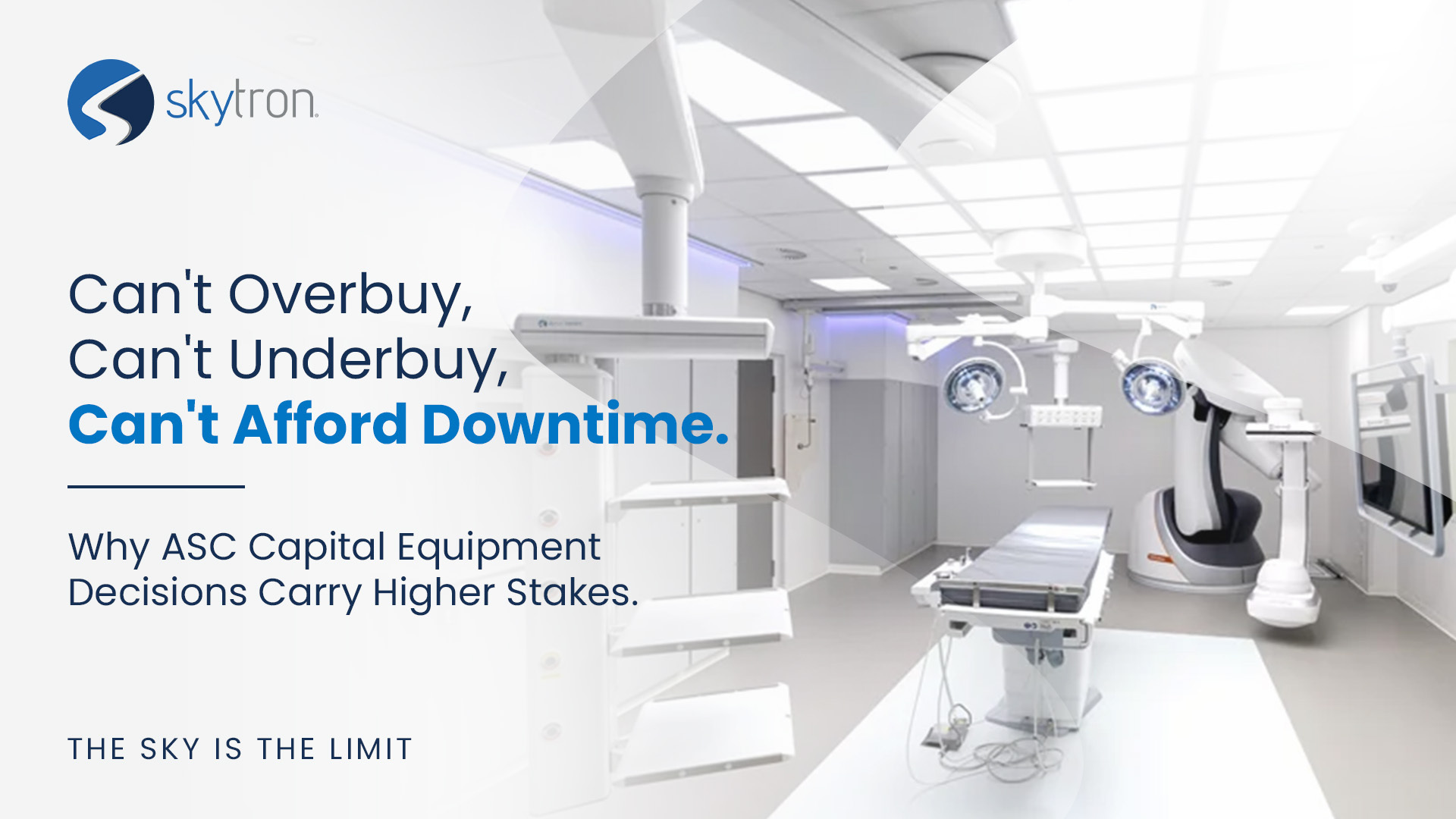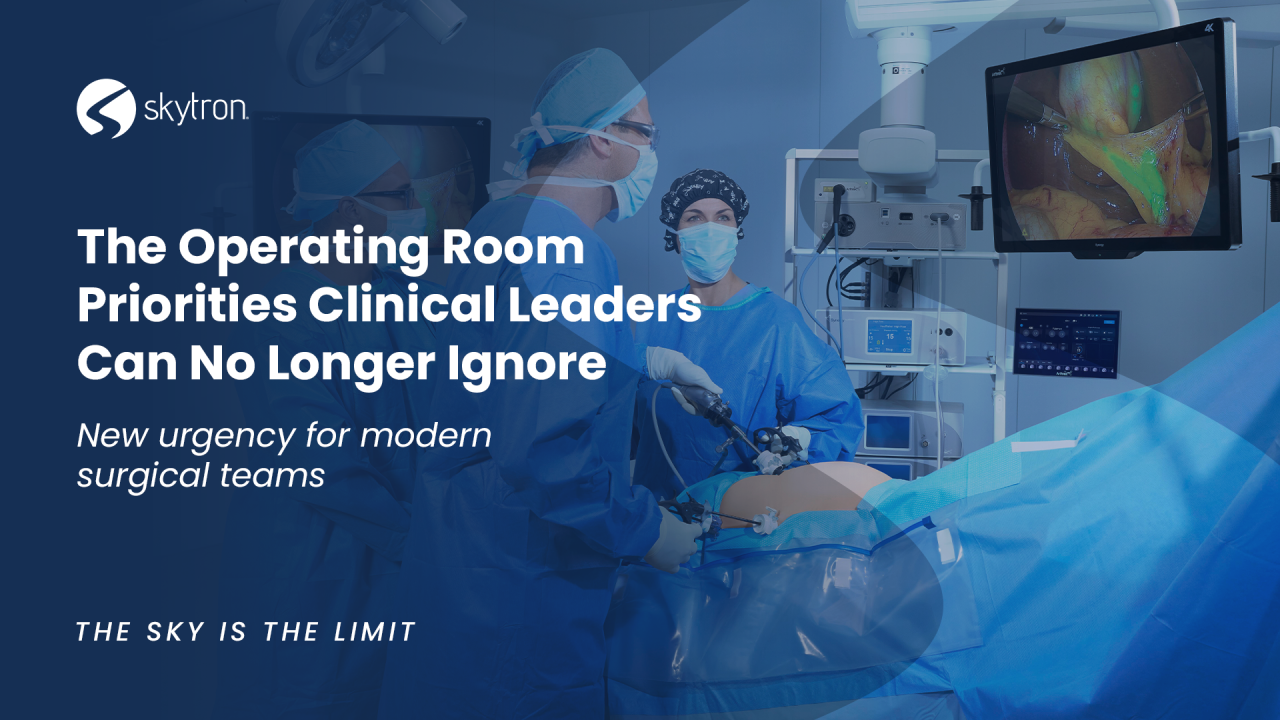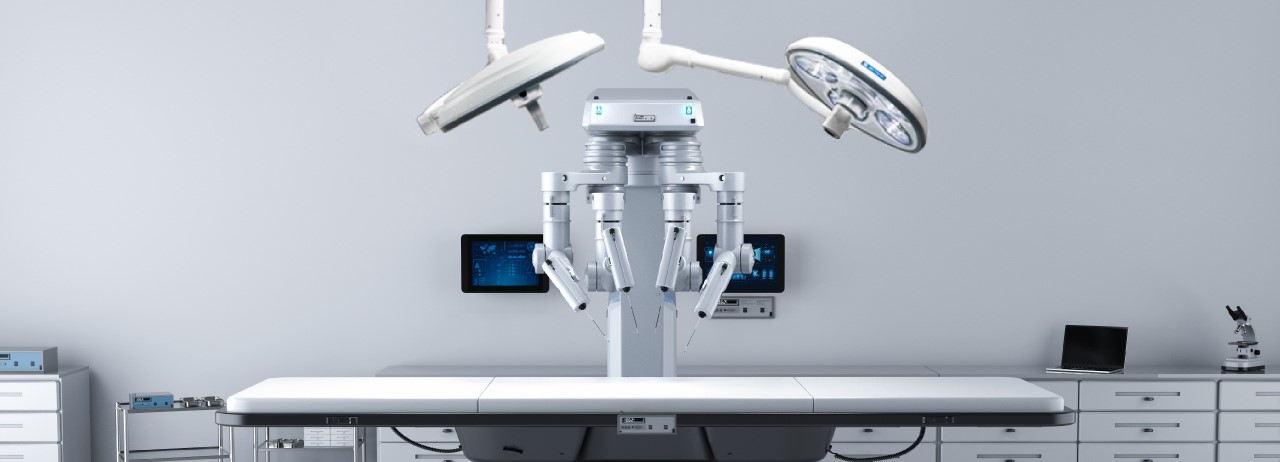
-
Written ByRebecca Kinney
-
PublishedMay 17, 2023
While AI can provide valuable insights and support in the operating room, the human touch, years of training and expertise, and the professionals behind each decision can never be replaced.
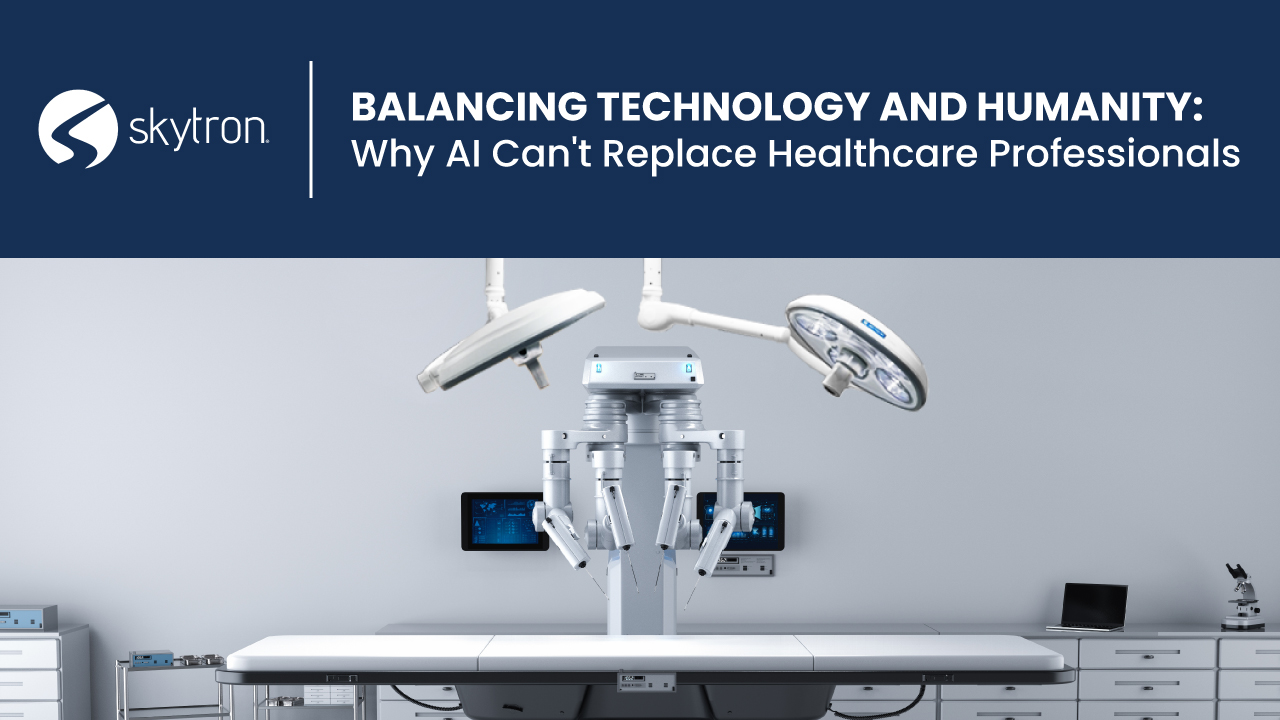
Balancing Technology and Humanity: Why AI Can’t Replace Healthcare Professionals
Artificial intelligence (AI) is rapidly transforming healthcare, improving patient outcomes, and enhancing the efficiency of medical procedures. However, many fear AI will replace human healthcare professionals, particularly in highly specialized areas such as the operating room and sterile processing. In this article, we will explore the role of AI in these critical departments and explain why AI is a valuable tool for enhancing rather than replacing human expertise.
AI and the Operating Room
We all know that the smallest mistakes in the OR can have life-altering consequences. We have multiple team members necessary to complete a procedure, from the surgeon, anesthesia, reps, nurses, and techs. Sprinkle in the massive amount of equipment we need to execute a single procedure. We have surgical instrumentation, monitors, lighting, integration systems, scopes, back tables, and more. The number of moving parts necessary to complete a case efficiently and safely at the same time is mind-blowing.
Here are a few areas where AI can serve our ORs:
- Monitoring vital signs.
- Providing real-time feedback to surgeons during a procedure, helping them make more informed decisions.
- Identify potential risks before a procedure even begins. For example, AI can analyze patient data to predict the likelihood of complications during a procedure.
How incredible is it that we can now provide insights into potential interventions before we even need them? They say that the devil is in the details, and one of the biggest challenges of an OR is the variables we cannot predict.
While AI can provide valuable insights and support in the operating room, the human touch, years of training and expertise, and the professionals behind each decision can never be replaced. Surgeons, nurses, and techs rely on their expertise, experience, and judgment to make critical decisions that data and monitoring never can. AI can provide real-time data and insights, but ultimately, the teams are where healthcare’s magic and the care part kick in.
AI and Sterile Processing (SP)
How exactly will AI impact Sterile Processing? The verdict is still out on that one. We have room for errors whenever we have thousands of instruments, surgical devices, and multiple pieces of equipment necessary for reprocessing and sterilization. We also have a plethora of data that coincides with each device.
Multiple instrument tracking systems on the market act as a place where data is stored, inventories are managed, and workflows are improved. The issue we see today is that there is so much data and so little translation of how that data acts to serve us and, ultimately, our end-users (the patient). Mistakes occur in both the OR and SP, and they are inevitable because humans make errors, but the numbers speak volumes.
“In American hospitals alone, the Centers for Disease Control (CDC) estimates that HAIs account for an estimated 1.7 million infections and 99,000 associated deaths each year.” 1
It’s possible that AI can become our friend to help in error reduction as we navigate the thousands of variables in SP. Here are a few areas that it could serve:
- Identifying instruments that are more likely to require extra attention during cleaning and sterilization allows technicians to prioritize these instruments and ensure they are properly processed.
- Monitoring the sterilization process to ensure instruments are properly sterilized before use.
- Monitoring sterilization equipment to alert technicians if anything in the sterilization process is awry.
However, as with the operating room, AI cannot replace the expertise of human healthcare professionals in sterile processing. Technicians rely on their training, experience, and judgment to ensure that instruments are properly processed and ready for use. AI can provide valuable insights and support, but it is ultimately up to the technician to ensure that the instruments are properly processed.
As technology continues to advance, we must continue to adapt accordingly. Choosing to bring the pieces of the puzzle to our sterile fields that don’t cross the line but rather elevate the capabilities.
At Skytron, innovation is always front of mind when creating any new product that serves our clients and your patients. Yet, one thing remains and holds true. After being a privately held, family-owned organization for over 50 years, people will always be the vehicle that drives our technology forward. We would not be here today without our team, representative firms, and valued clients. We will continue to adapt and implement technologies that elevate patient care and nurture the teams that make us who we are. We hope that in your hospitals, you embrace what will help you advance and nature the people that keep your departments operating.
Citations:



